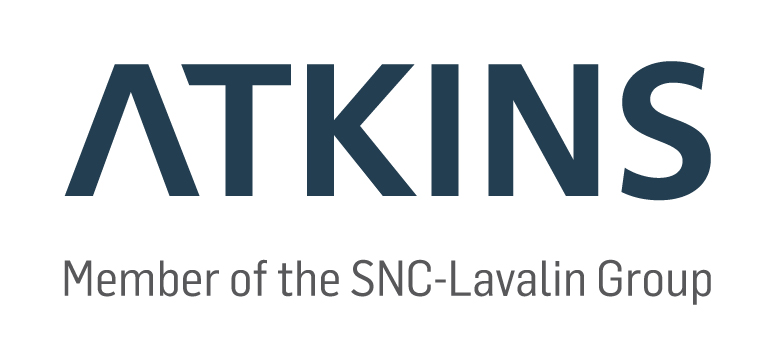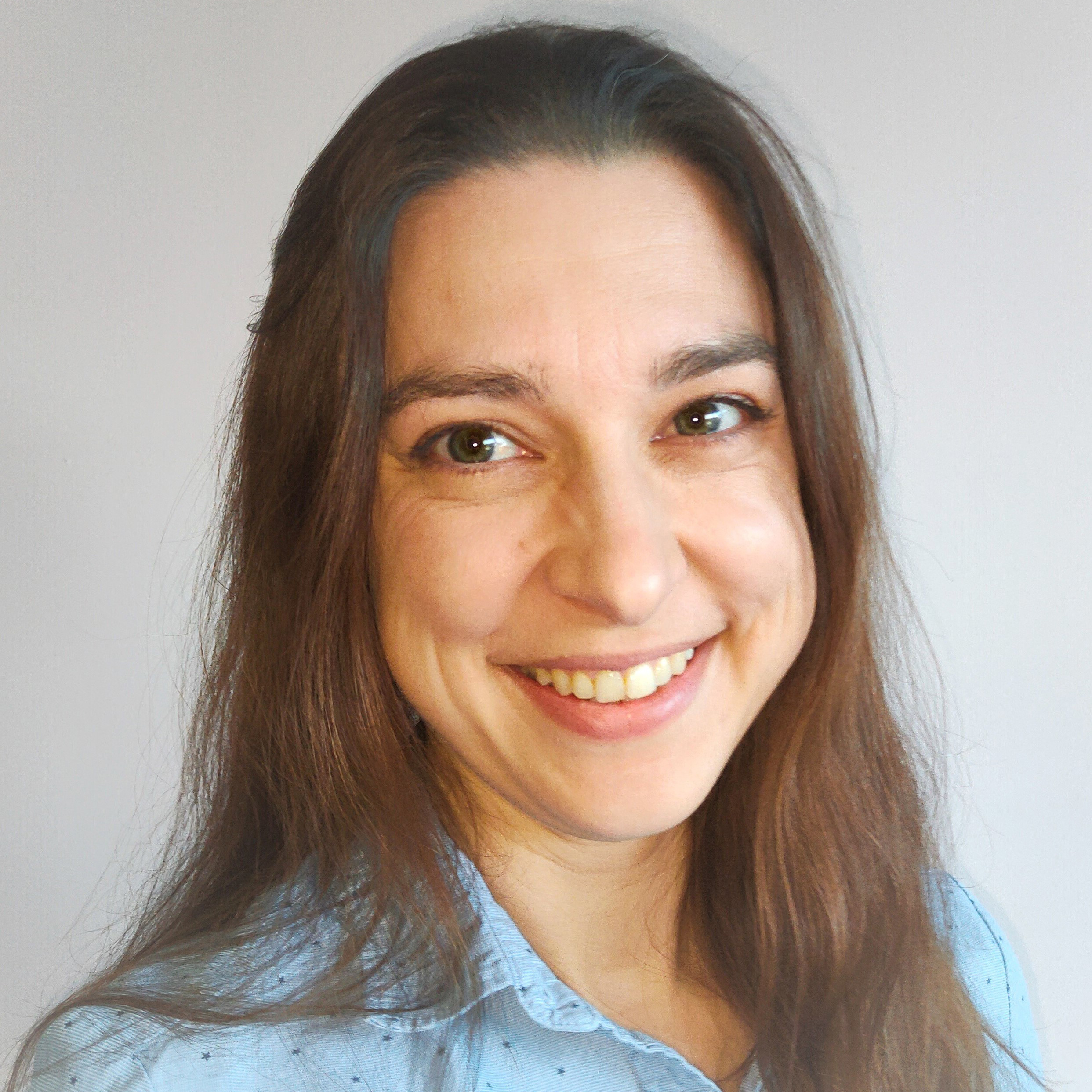

Welcome to the 8 Questions, where we ask senior figures in the sector the questions every business leader and ambitious professional wants answered. In this edition, Rebecca Crowther, Equality, Diversity and Inclusion Lead at Atkins is asked about EDI strategy, what leaders need to be thinking about ,what skills are critical for new EDI initiatives and much more.
Join other savvy professionals just like you at CIHT. We are committed to fulfilling your professional development needs throughout your career

Collaboration – to get everyone on board!
Our strategy #Differentmakesadifference depends on all of our colleagues working to ensure that everyone can bring their true selves at work, creating that culture is what inclusion is all about. Our strategy sets commitments to weave ED&I into everything that we do, to break down barriers every step of the way and to be a leading voice for change. All of that requires us to truly work together, across our projects, teams, businesses and suppliers – and that can be difficult in a company of our size. Collaboration is the key to getting this right and to implementing our strategy in the most effective way to drive change as quickly as possible.
Our strategy itself is continuously evolving, so in that sense, there is no next project. However, it is important that we continuously monitor how far we have come and reflect on the lessons that we have learned. Doing so enables us to continue on our journey of building a truly inclusive culture where everyone can be their true selves.
A recent ‘afternoon of reflection’ was a great opportunity to do this. It provided an opportunity to reflect upon how lived experiences have changed since the strategy started as well as how the data, we monitor progress by has changed. It’s easy to get side-tracked by the detail (and important that we spend time on it) but the main lesson I have learned is that taking a step back and asking, ‘what difference might this make to how people feel’, is vital. Because after all, that’s what we are really trying to change.
The engineering sector is currently not reflective of society and that has real potential to hold us back in terms of meeting the needs of the projects and challenges that we will face in the future. These are increasingly complex, the drive for Net Zero, the climate emergency and dealing with extreme weather. Challenges such as this require us to come up with the very best innovative engineering solutions. We must have teams that are diverse, can understand the problem through different lenses and can use their unique experiences and values to collaborate and come up with the very best solutions – the future of civilisation depends on it!
We have come a long way in the past few years on our journey to build an inclusive culture within Atkins and to influence the wider industry. Our three-year strategy #Differentmakesadifference is almost two years in, and we are making significant progress toward our diversity targets. That means that ultimately, we are building a more inclusive culture day by day. The journey may never end though, it’s likely that some of us will always be more privileged than others and we will continuously need to be aware of and break down the barriers that creates, that level of awareness of one another would be a great positive legacy to leave.
Usually through talking and listening, along with always using an open and honest approach. There are compromises to be made within all businesses and sometimes the views of one colleague or group of colleagues are very different to those of another. That diversity is such a benefit, but it does mean that when opinions clash, we need to come together to listen to one another and talk through the best solution. We have found roundtable discussions a great way to achieve this in Atkins.
I would view other things as being more important than specific skills to allow new ED&I initiatives to succeed.
Planning is crucial. It’s important to start by identifying the problem that is being addressed and understand why you are doing it – what are the key benefits? This is a good way of achieving buy-in from key stakeholders and senior leaders.
Communication support is also key to success. How many different views can you incorporate into your initiative to help identify the best solution? How do you communicate with all staff and give them the opportunity to shape the initiative? This will vary by business, of course, but it is really vital – often, someone somewhere already has part of the answer ready and waiting.
Finally, seek constant feedback and allow the initiative to evolve. We almost always pilot something first, and the feedback that we get from doing that is so important in shaping the final stages of an initiative before we put it into action (or sometimes showing that we have got something wrong along the way and giving us time to learn from that).
Our senior leaders are committed to our strategy, they really want to see change both because it’s the right thing to do and because it makes good business sense. Our entire business is our people, and as suggested above, some of the challenges engineering is facing really do require us to think differently – how can we achieve that without diverse teams? This means the buy-in is already there, so it is usually easy to find time in very busy diaries to ensure that our senior leaders are driving some of our initiatives and communicating with our colleagues about their progress on their personal allyship journeys, and the overall progress against our strategy.
Sustained engagement can be more challenging. It’s a reality of 2022 that we are all busy people and ensuring that we have the time and space to engage around ED&I can be difficult. This year we have communicated less often, but tried to make communications as effective as possible, for example, by using intersectional webinars and events. We have also used allyship as a theme for 2022, recognising that this is a journey and something that each person will grow into. This allows everyone to engage in ED&I in a way that fits their personal values and interests. It also provides the flexibility to spend time during the year learning, with the overall accountability of achieving your ED&I Performance Objective by the end of the year, providing accountability.
Our three-year strategy includes individual projects and action plans with deadlines that we can measure progress against. This allows us to make sure that we are keeping to programme. Each individual project will also have set goals and agreed measurable success criteria that we can review as the project progresses and allow us to adapt along the way as required.
We have set ourselves targets to reach too, on the diversity of our staff population and constantly measure progress against those. Alongside these all staff have an individual objective against which to measure themselves, ensuring that everyone is engaging with ED&I and truly making a difference on our progress towards a fully inclusive culture.
Finally, we are working towards Platinum accreditation with The Clear Company. This is really important to us – as it provides an external challenge to all that we do.
In terms of their thinking leaders need to allow themselves to be vulnerable, to be genuinely open to listening to and learning from the experiences of others. That’s not easy, but it enables us to grow as individuals and to better understand how to build an inclusive culture.
Doing is so important too! Leaders need to show up to learn from others, they need to be willing to have their views challenged in open forums. They also need to take tangible actions to ensure that they have diverse teams around them. Just like engineers need to reflect the societies they represent, business leaders need to reflect the diversity within their companies – as it’s impossible to build a diverse culture without diverse leadership.

The opinions expressed in this article are those of the authors. They do not purport to reflect the opinions or views of the CIHT or its members. Neither the CIHT nor any person acting on their behalf may be held responsible for the use which may be made of the information contained therein.
Join other savvy professionals just like you at CIHT. We are committed to fulfilling your professional development needs throughout your career